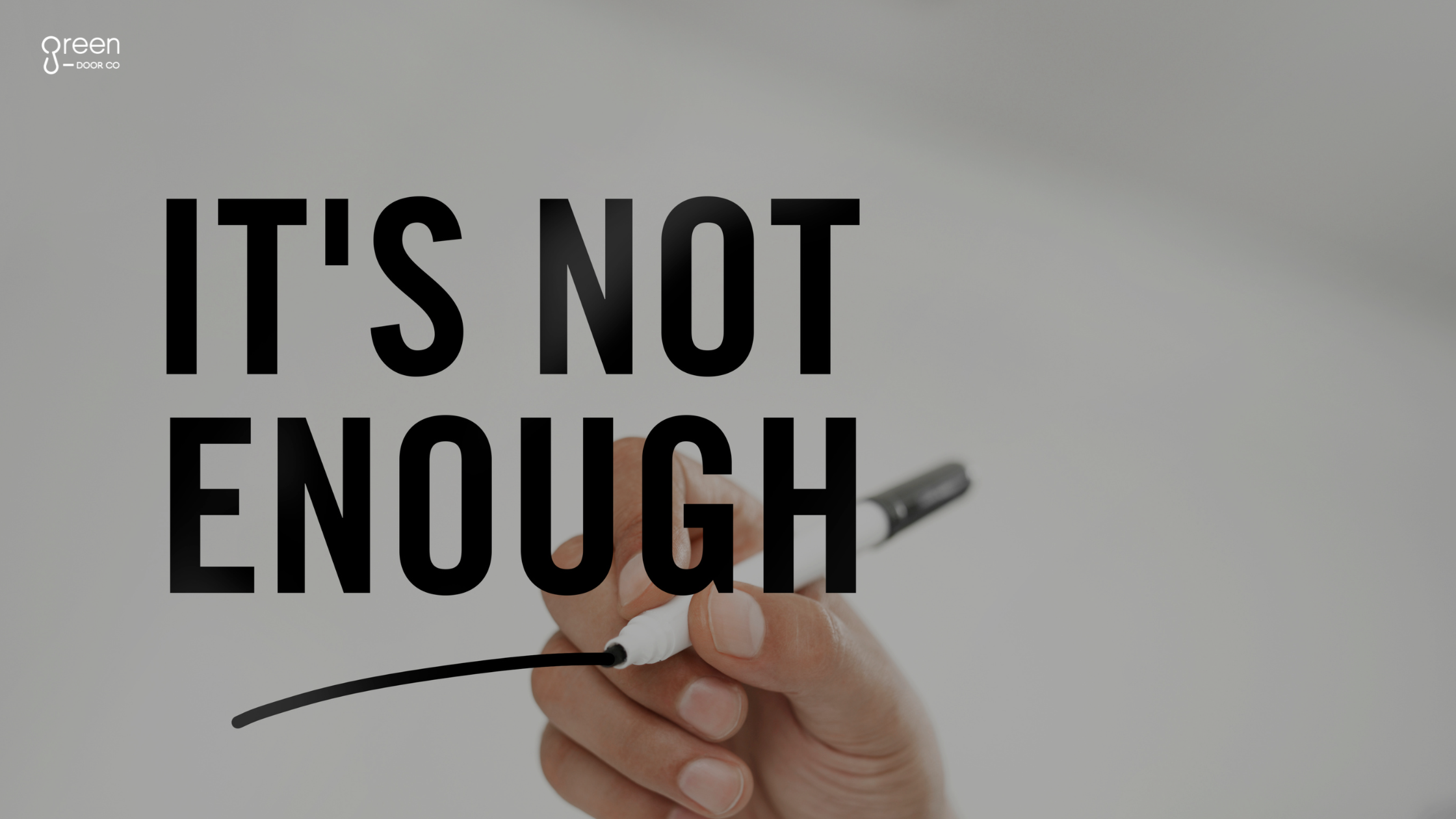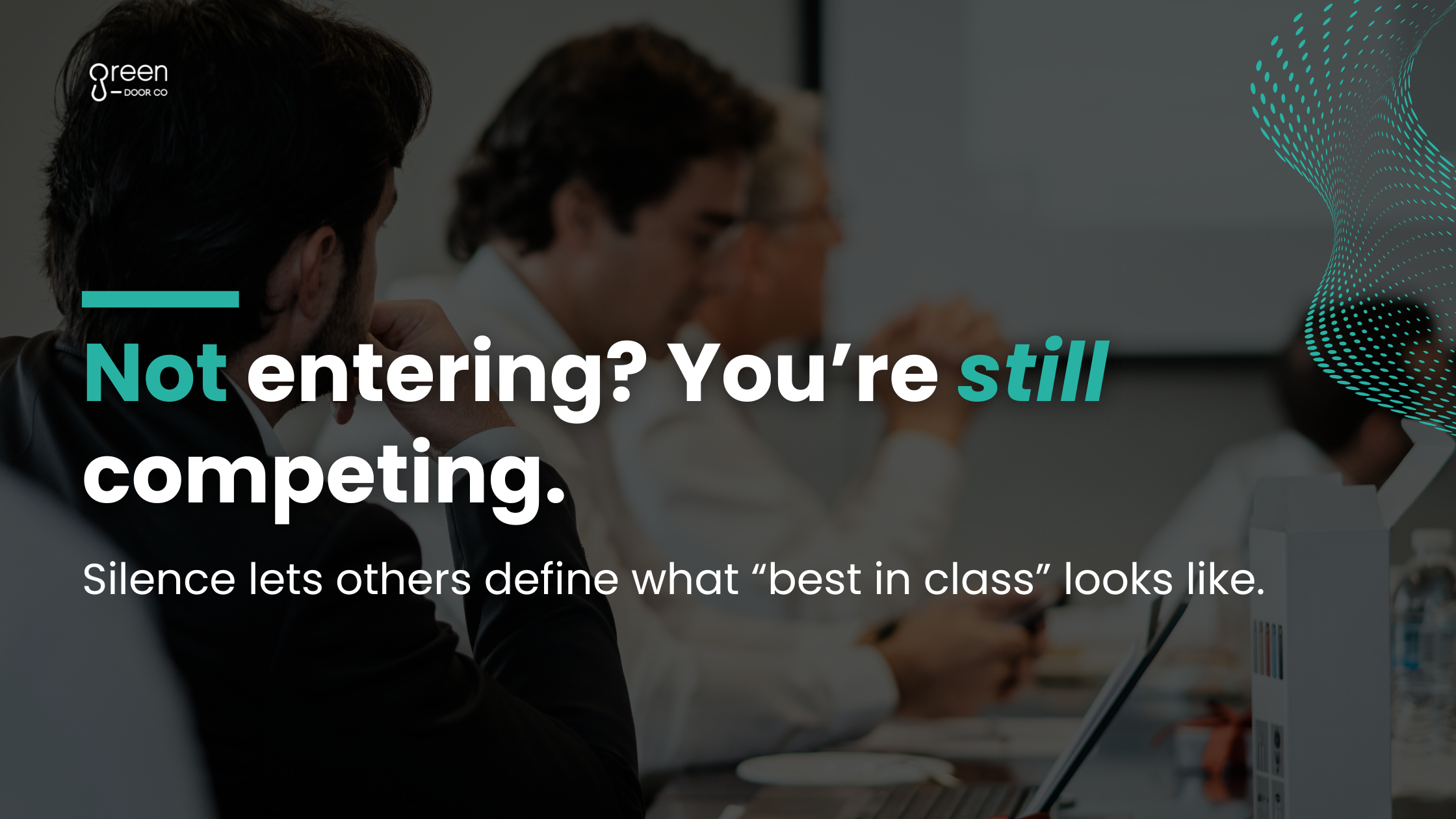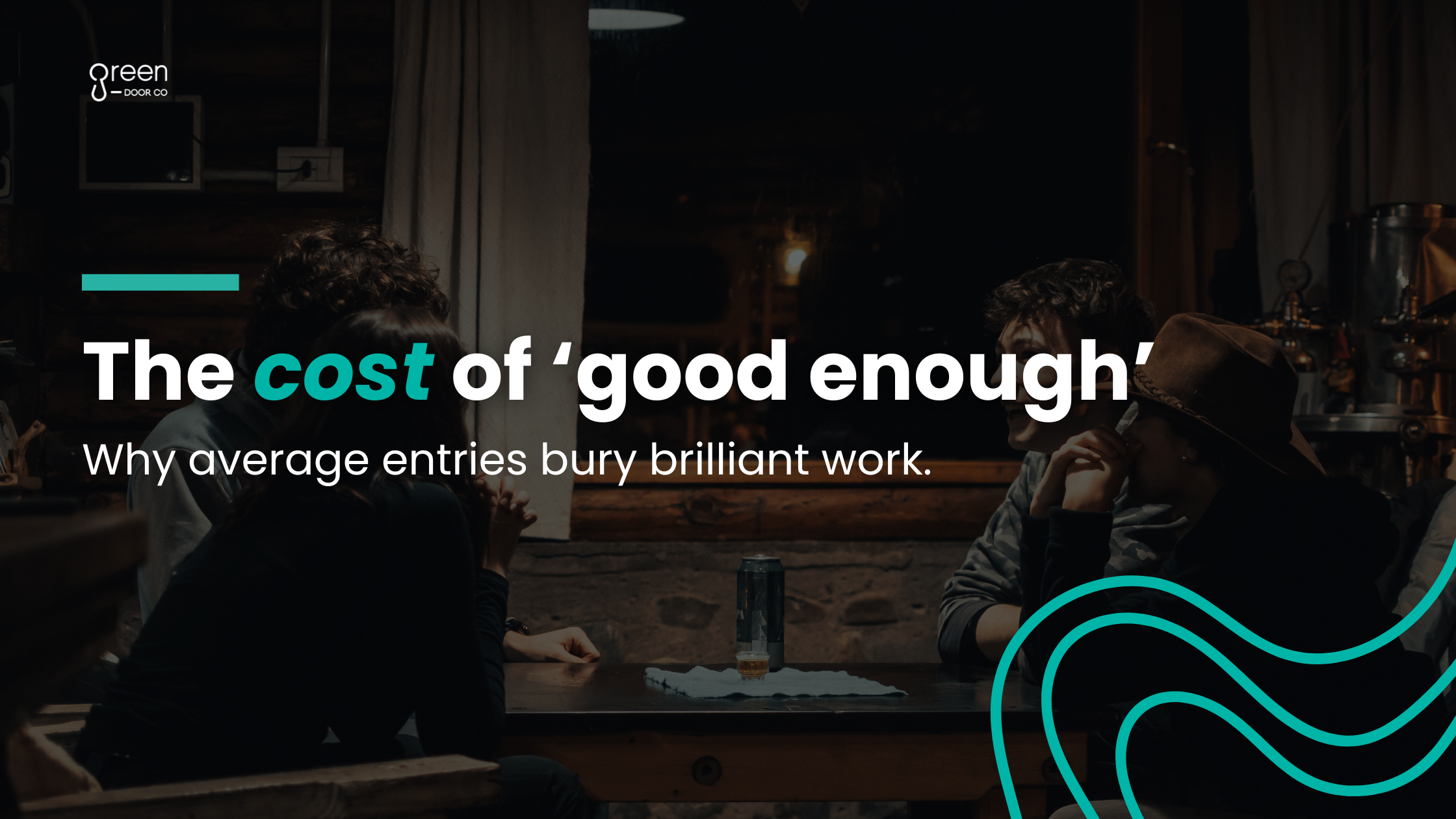Business award submissions aren’t just a box-ticking exercise. They’re an opportunity to showcase the very best of your business, the strategy, the results, the people, and the impact behind your achievements. Yet even strong businesses often submit entries that fall short of their potential.
Underselling doesn’t mean you have nothing worth saying. More often, it means the way you’re telling your story isn’t doing justice to the reality. The good news is, these are habits you can spot — and fix.
Here are five signs you might be underselling your business in your award submissions.
1. Your Submission Sounds Like Everyone Else’s
If your opening paragraph could be copied and pasted into another company’s application with no one noticing, you’ve got a problem.
Generic language — “innovative solutions”, “customer-focused”, “industry-leading” — might feel safe, but it makes your submission blend in. The aim isn’t to be different for the sake of it, but to clearly articulate what’s specifically unique about your business.
Ask yourself:
- What can we say that no one else in our category can?
- Where have we approached a challenge differently?
- How has our way of working created measurable impact?
2. You Focus on “What” You Do, Not “Why” You Do It
A list of services or products won’t win an award. Judges already understand what a software provider, an architecture firm, or a consultancy does. What they want is your why: the problem you’re solving, the purpose driving you, and the change you’re working towards.
The “why” creates an emotional connection and turns a submission from a catalogue into a story. For example:
“We deliver training programmes”
becomes
“We help regional businesses upskill their workforce so they can compete on a national stage.”
This subtle shift reframes your work as part of a bigger, more compelling mission.
3. Your Numbers Lack Context
Statistics can be persuasive, but only when they’re framed in context. A 30% increase in revenue is good. A 30% increase in revenue achieved during a market downturn tells a much richer story — one of resilience, strategy, and strong leadership.
The same applies to operational improvements, client retention, or staff engagement. Link the numbers to:
- The challenge you faced.
- The strategy you implemented.
- The results you achieved and their impact.
This transforms a figure from an isolated data point into a proof point that’s meaningful to judges.
4. You Leave Out the Human Element
Awards aren’t judged by algorithms. They’re judged by people. And people connect with stories, voices, and experiences.
Numbers might show what you achieved; human stories show how it felt and why it mattered. That could mean:
- A customer testimonial that captures the personal impact of your product.
- An employee’s account of how a new process improved their workday.
- A story about how your team rallied during a challenge.
These details help judges see the people behind the performance.
5. You Reuse the Same Submission for Every Award
It’s tempting to repurpose one application across multiple awards. But each award — and each category within it — has its own criteria, judging panel, and emphasis.
A submission that’s tailored to the specific values, objectives, and judging process of an award will always have a stronger chance. Tailoring doesn’t necessarily mean starting from scratch; it means re-framing your achievements in the way that matters most to this set of judges.
Ask:
- What’s most important to this award’s organisers?
- Which examples best match their values and judging criteria?
Bonus Sign: You Don’t Ask for Feedback
Not winning an award doesn’t mean your submission failed — it might mean someone else had a better fit for that specific category, or simply told their story more effectively.
When feedback is available, take it. Even short notes from judges can highlight areas to strengthen. Over time, this creates a feedback loop that improves your submissions year after year.
It’s worth remembering: judges want to see strong entries. Constructive feedback is part of that ecosystem.
Bonus Sign: You Confuse Self-Promotion with Evidence
Saying “we are the best” without proof is self-promotion. Showing the measurable outcomes of your work, backed by data and third-party validation, is evidence.
Judges are looking for the latter. Your application should read like a well-built case, not a marketing brochure. That means combining:
- Data (KPIs, growth figures, engagement metrics).
- Independent validation (media coverage, certifications, testimonials).
- Narrative that connects it all.
Bonus Sign: Your Successes Are Isolated, Not Connected
It’s one thing to list your achievements. It’s another to show how they connect into a bigger story.
An award-winning product launch might also lead to:
- Higher customer retention.
- New partnerships.
- Improved staff morale.
When you link your wins together, you paint a picture of momentum and sustained impact — something judges find persuasive.
From Underselling to Unmissable
Recognising these signs is the first step to improving your submissions. The next step is building the skills, structure, and confidence to present your business in its best light.
At Green Door Co, we help businesses move from underselling their achievements to presenting a clear, evidence-backed narrative that speaks directly to judges. Our approach combines deep knowledge of award criteria with an ability to draw out the stories and proof points that set you apart.
If you suspect you’ve been underselling your business in award submissions, contact us today!







